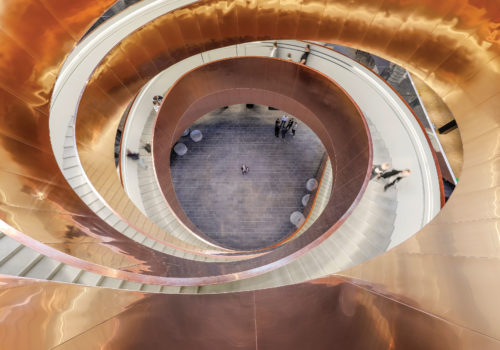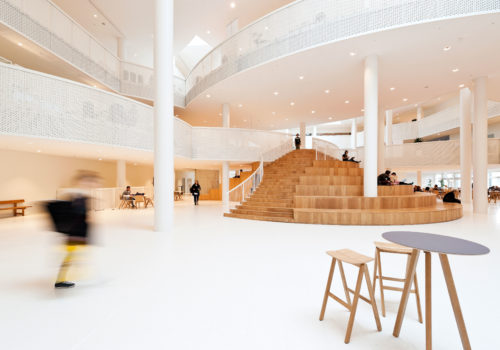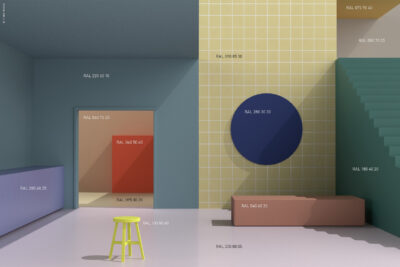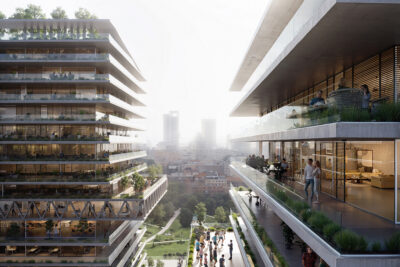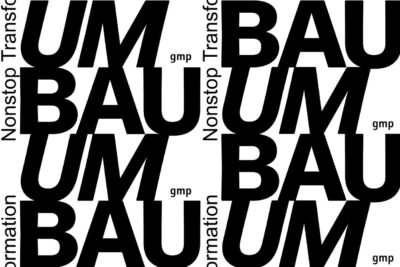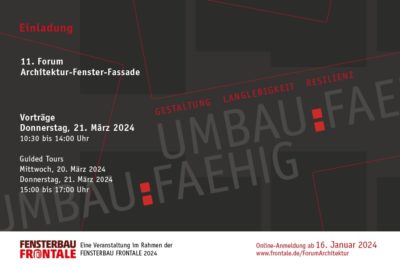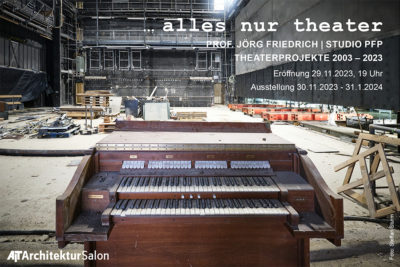Architecture for lifelong learning – Leitartikel im Newsletter
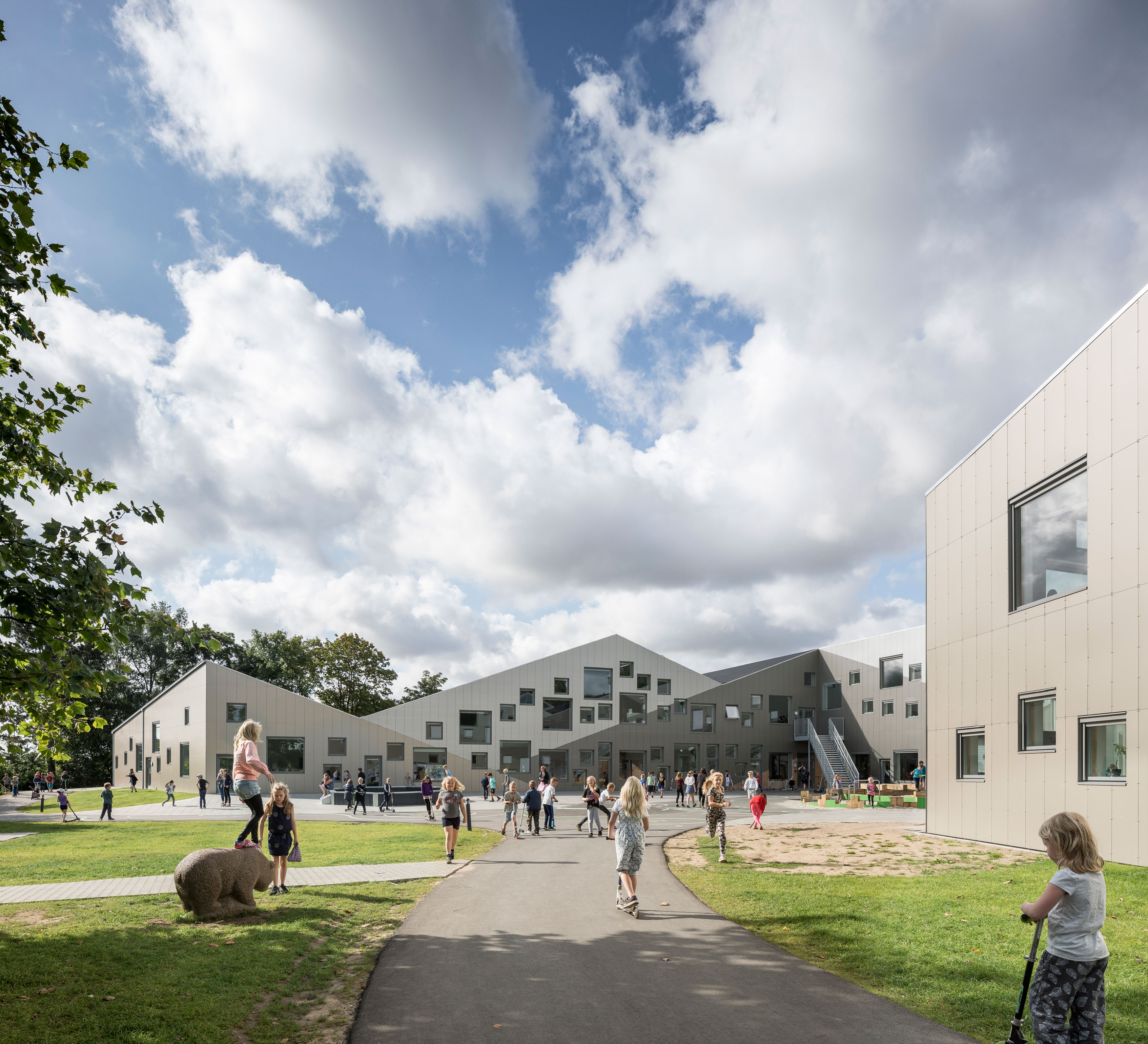
Skovbakke School, Dänemark – Photo: Adam Mørk
Klaudio Muca, R&D Architect bei CEBRA Architecture in Aarhus, DK
Information is all around us – in our pocket, on our desktop and undoubtedly in the spaces and environments where we spend our daily life. We process information through learning and acquire knowledge that becomes useful insights that lead to innovation – and ultimately wise choices. But how does this process affect the way we think and design the built environment? And how does the rapid change in activities related to how we learn and innovate impact the use of space in architecture?
CEBRA has initiated an ambitious R&D program – WISE to address these issues and discuss the role of architecture in lifelong learning. The purpose of WISE is to connect architecture with the ideas of the foremost thinkers within the fields of education and entrepreneurship, research and studies in sensory stimuli, cognitive psychology, and behaviorism.
In many ways, education and innovation are inextricably linked. We no longer perceive learning as a limited period during which school prepares us for working life: lifelong learning is a necessity. This blurs the boundaries between education and work. Schools are becoming working environments and vice versa as workplaces are transforming into learning organisations.
Architectural means and qualities affect our senses to such a degree that they have a great impact on our behaviour. If senses were to define architecture, then a large variety of scales in materials, textures, scents, light, colours and acoustic properties would characterise learning and work environments.
We design environments that adapt to future thinking and cross-cultural understanding. Our approach to design is based on the notion that architecture has to be able to adapt to its users – and not the other way around.
With WISE, CEBRA uses nearly 20 years of experience within educational and work environments as a springboard to expand transcultural references by being present and collaborating on projects outside Denmark.
Über den Autor:
Klaudio Muca schloss sein Architekturstudium am Politecnico di Milano mit einer Masterarbeit über die Zukunft von Lernumgebungen ab. Er kam 2016 als Praktikant zu CEBRA und setzte die Zusammenarbeit für seine Masterarbeit „Open Schools: Der Fall von Tirana“ fort. Muca arbeitet als R & D Architect bei CEBRA und leitet ein Projekt zum lebenslangen Lernen, in dem er Interviews, Workshops und Konferenzen mit dem Ziel durchführt, ein Netzwerk von Bildungsinteressierten zu schaffen.
- Experimentarium Science centre – Foto: Adam Mørk
- VUC Adult education centre – Photo: Mikkel Frost






